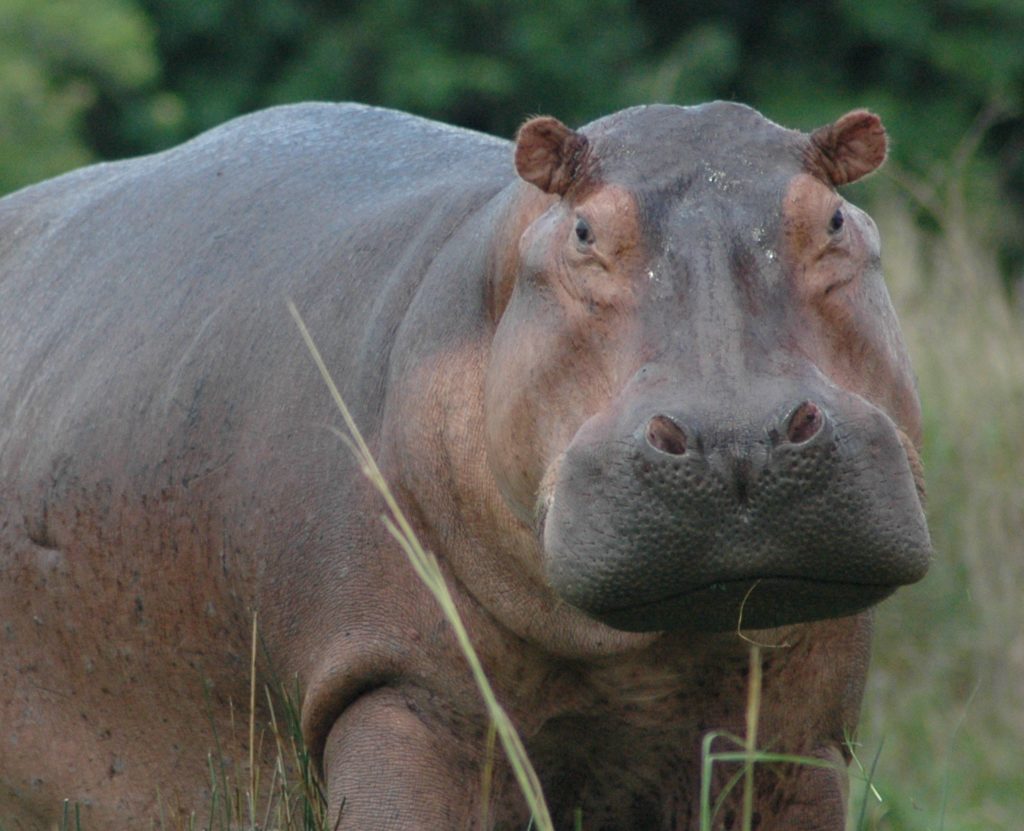
The Berlinale film festival saw Dominican filmmaker Nelson Carlos de los Santos Arias reveal his film ‘Pepe’, which uses the death of one of Pablo Escobar’s hippos in Colombia to draw on the wider themes of identity, migration, and the legacy of colonialism in Latin American countries.
On February 20, the midway point of the Berlinale, one of the world’s three major film festivals held in Berlin, Arias presented ‘Pepe’, a film exploring powerful themes such as migration, identity and the enduring impacts of colonialism, all through the death of drug lord Pablo Escobar’s illegally imported hippo.
Pepe draws its narrative from a real-life story from the 1980s, involving Pablo Escobar importing four hippos to his Hacienda Napoles estate. Following the drug lord’s death, these ‘cocaine hippos’ were left to fend for themselves, with Pepe eventually leaving the other three and becoming a target for local authorities after it was deemed he was a danger to people.
The narrative foundation serves as a solid base from which to explore broader questions of existence, belonging, and the complex tapestry of Latin American identity.
How the Berlinale-debuted film explores Latin American identity
The movie invites viewers to consider the challenges faced by an animal, or ‘ghost’, lost in a world where language, culture and identity seem alien. Arias casts doubt on the notion of a singular identity, suggesting instead that human beings are composed of multiple, overlapping identities shaped by heterogeneous experiences and influences.
The film portrays Latin America’s identity, particularly in the Caribbean, as a fluid and contested space, where the concept of belonging is not limited to a singular territory, except among indigenous communities.
The director’s message around the cultural identity struggles of the continent echoes a broader discussion on the legacy of colonialism and the continuous process of defining oneself amidst globalization and migration.
From being an invasive species, to becoming a part of the Colombian landscape, Pepe’s journey is symbolic of the movement of migrants and diaspora in Latin America, and raises questions about integration, acceptance, and bringing about unity rather than division. Arias posits that empathy and understanding can shed light on the unknown ‘other’, and reveal them as a valuable part of the community.
Pepe also draws comparisons between historical movements of people from Africa and the Americas and contemporary migration patterns, thus highlighting the cyclical nature of colonialism and migration. The movie suggests that colonialism and eurocentrism have trapped societies in an inescapable prison from which death – or, figuratively, the transcendence of Pepe’s ghost – may be the only way out.
The death of the hippopotamus, in some ways, is representative of what the director believes is political and philosophical stagnation in addressing the hangover of colonialism and the challenge of imagining new futures.
See all the latest news from Colombia and the world at ColombiaOne.com. Contact our newsroom to report an update or send your story, photos and videos. Follow Colombia One on Google News, Facebook, Instagram, and subscribe here to our newsletter.

